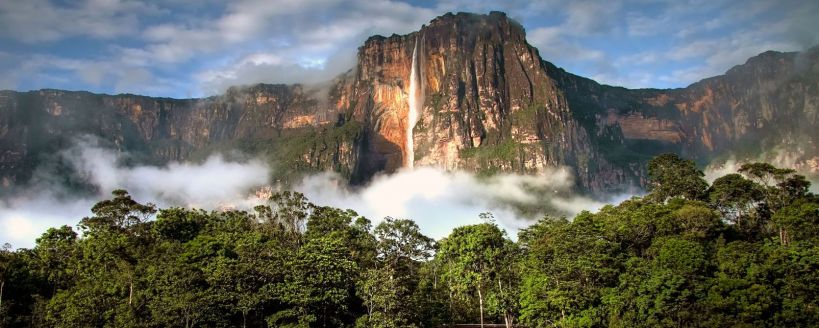
“We are now without a country.”
My friend Sasha and I listen as a beautiful South American* family tells a story entangled with hardship and hope. Renata*, the mother, has just told us that their government is destroying all official documents—such as birth certificates—of their fleeing citizens. She, along with her husband Andrés and two children Mateo and Isabella, escaped violence and persecution, but were not able to apply for protection from the U.S. until after their arrival here.
They are waiting, and we call them “asylum seekers.”
Waiting, for them, is active. Renata—once a litigator and accountant—is taking a tax accreditation course and hopes to find work as an accountant. Andrés—former owner of a glassware company—received help from World Relief to find a job at a meat packing company while getting his GED. He supports his wife’s education and is saving to start a business. Mateo—once a university student—is working and has applied for financial aid to help fund his own education. He dreams of one day becoming a pilot. Isabella, the youngest, is enrolled in middle school and violin lessons.
Why did they leave what they had in South America?
Mateo answers, “We wouldn’t be here if our government were good. In my country we were pretty comfortable, but the government destroyed everything. They don’t care about people. There was no food and no medicine. We raised our voice but they have guns to attack any person who raised their voice against them. The reason we got out was because we were in political activity against the government and they were threatening us. They wanted to find us and kill us. We have evidence.”
Renata’s voice breaks in, explaining that each neighborhood was controlled by a para-military unit. She and Andrés were speaking out against the government, but those who protest are identified, arrested, tortured, and sometimes killed. After their son Mateo was followed home from school by an armed soldier, they knew their lives were in danger.
They packed up everything they had and traveled to the U.S. to apply for asylum. The kids thought they were just visiting as tourists. Renata and Andrés waited until they reached Miami to tell them that they were actually seeking asylum.
From there they traveled to Arkansas where a generous Mexican woman welcomed them into her home for six months. Renata eventually moved to the Chicago area ahead of the family to find better work. The church that provided her a place to sleep connected her with World Relief. With World Relief’s help, Renata found housing big enough for her family to join her, and connected with community resources that provided healthcare, clothing, counseling, transportation, and job opportunities.
I ask what their lives were like before all this—when their country was “normal”, as they refer to their memory of it.
They smile as they describe a free education and a warm and hospitable people. People in their country love to celebrate everything—even the birthday of a pet! Celebrations welcome all and include food, drink, dancing, music, and joking—with everyone talking at once, something I notice even now as I scramble to take notes. The family interrupts each other in a friendly way, their words tumbling over each other in their eagerness to speak.
My mouth waters as they describe the foods of home while Renata disappears to the kitchen to cook for us. Isabella describes arepas: flat fried cornmeal patties with flavorful meat and melted cheese between. We look up pictures of empanadas (dough folded over fillings of meat and cheese and then fried) and tequeños (sticks of fried dough with melted cheese inside).
I hear of their country’s wealth of oil—higher than anywhere else in the world. I see pictures of a bridge near their city, high enough for oil rigs to go under and five miles long, the longest in the world. And they boast of the world’s highest waterfall which Isabella shows me on her phone and I recognize from the animated movie Up.
But now inflation, food shortages, and political oppression have changed everything, and made emigration inevitable.
I ask the family if they feel welcome here in their new community.
The children answer first, again speaking at the same time. “We feel welcome because the people here are very nice. They always say hi, good morning, good afternoon, goodnight. They have manners. They are pretty good people. That’s why we feel welcome here.”
Andrés speaks up, his voice overflowing with gratitude. “It’s a free country. We have so many options to make our future better in this country. This country is blessed. America gave us the chance to come here.”
“We are living in a movie here. My friend says to me—‘When you come here, you will live in a movie’—and it is true. We are living in a movie.”
I think back to Isabella’s picture of the waterfall and the movie Up. In that movie, life is upended for both cranky old Carl and earnest young Russell, but with redirected dreams comes unexpected joy.
I hope that for this beautiful family.
Hope and Be:Longing
*The names of this family have been changed and the name of their country left out for their safety.
Note: Since this story was written Renata and her family have been granted asylum, which means that they will be allowed to remain in the U.S. and rebuild their lives with the same rights and privileges as other recognized refugees. This story was first published by World Relief here.

Leave A Comment